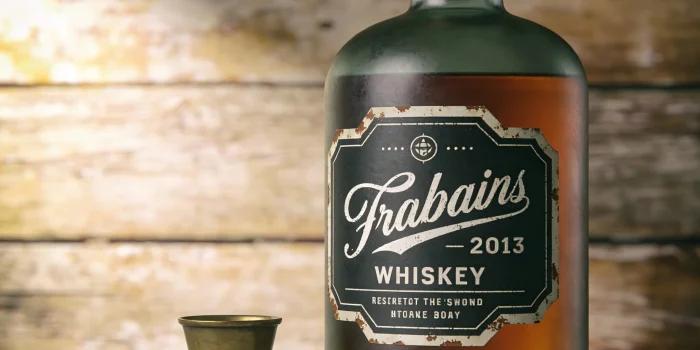That "great price" per bottle might not be…

The Ultimate Guide to Cleaning and Reusing Liquor Bottles
In today’s world, sustainability and creativity are at the forefront of many of our daily choices. Reusing items instead of discarding them not only helps the environment but also adds a personal touch to your home. Liquor bottles, with their varied shapes and designs, are particularly versatile for reuse. If you’ve ever wondered how to clean and repurpose these bottles, you’re in the right place. Here’s the ultimate guide to cleaning and reusing liquor bottles.
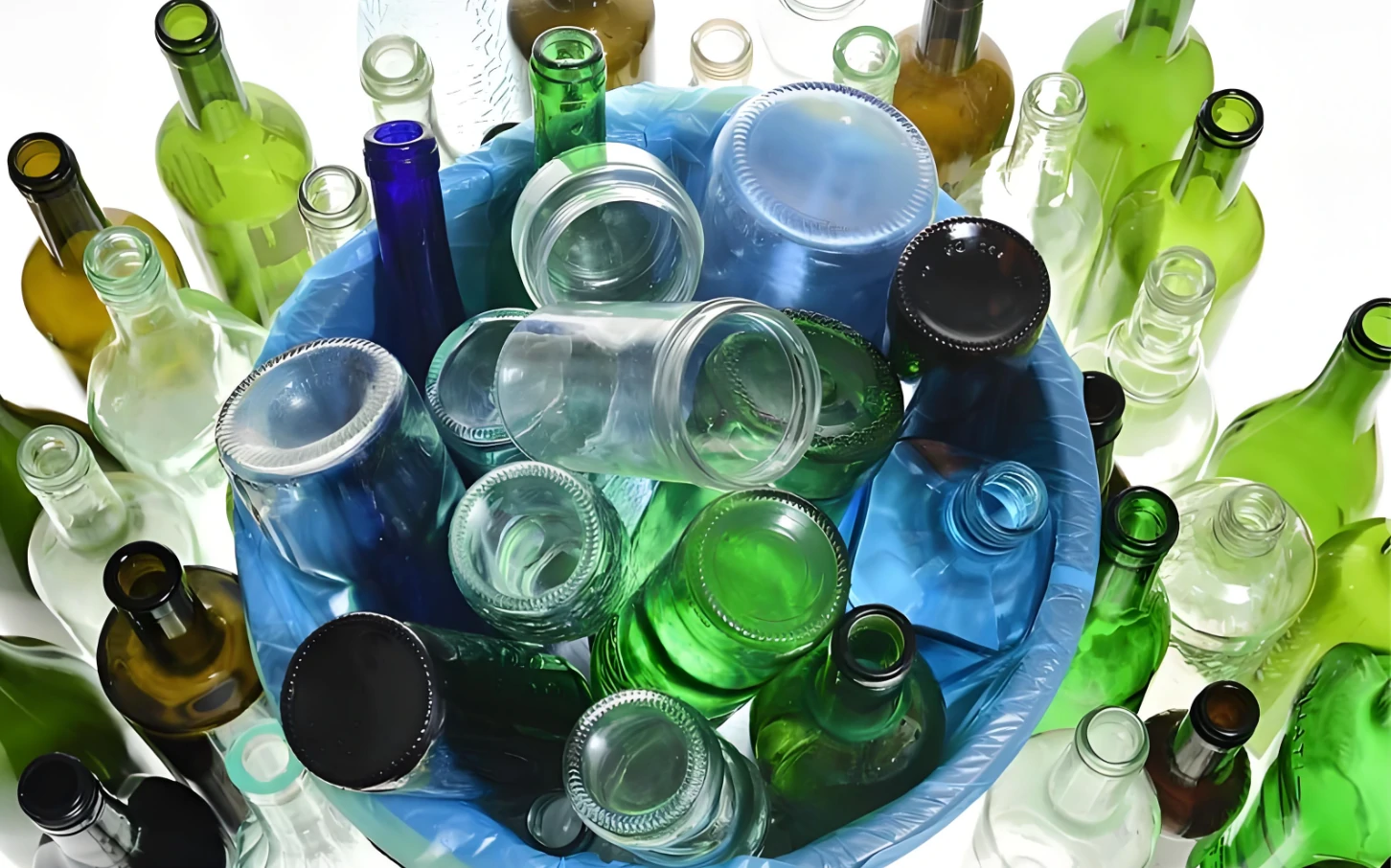
1. Why Reusing Liquor Bottles?
Before diving into the cleaning process, let’s explore why reusing liquor bottles is a fantastic idea.
- Environmental Impact: Recycling and reusing help reduce waste and the demand for new raw materials. By reusing liquor bottles, you contribute to minimizing environmental pollution.
- Creativity: Liquor bottles can be transformed into a range of items, from decorative vases to unique lamps and even homemade infusions.
- Cost-Effectiveness: Reusing bottles can save you money, especially when you repurpose them into functional or decorative items around your home.
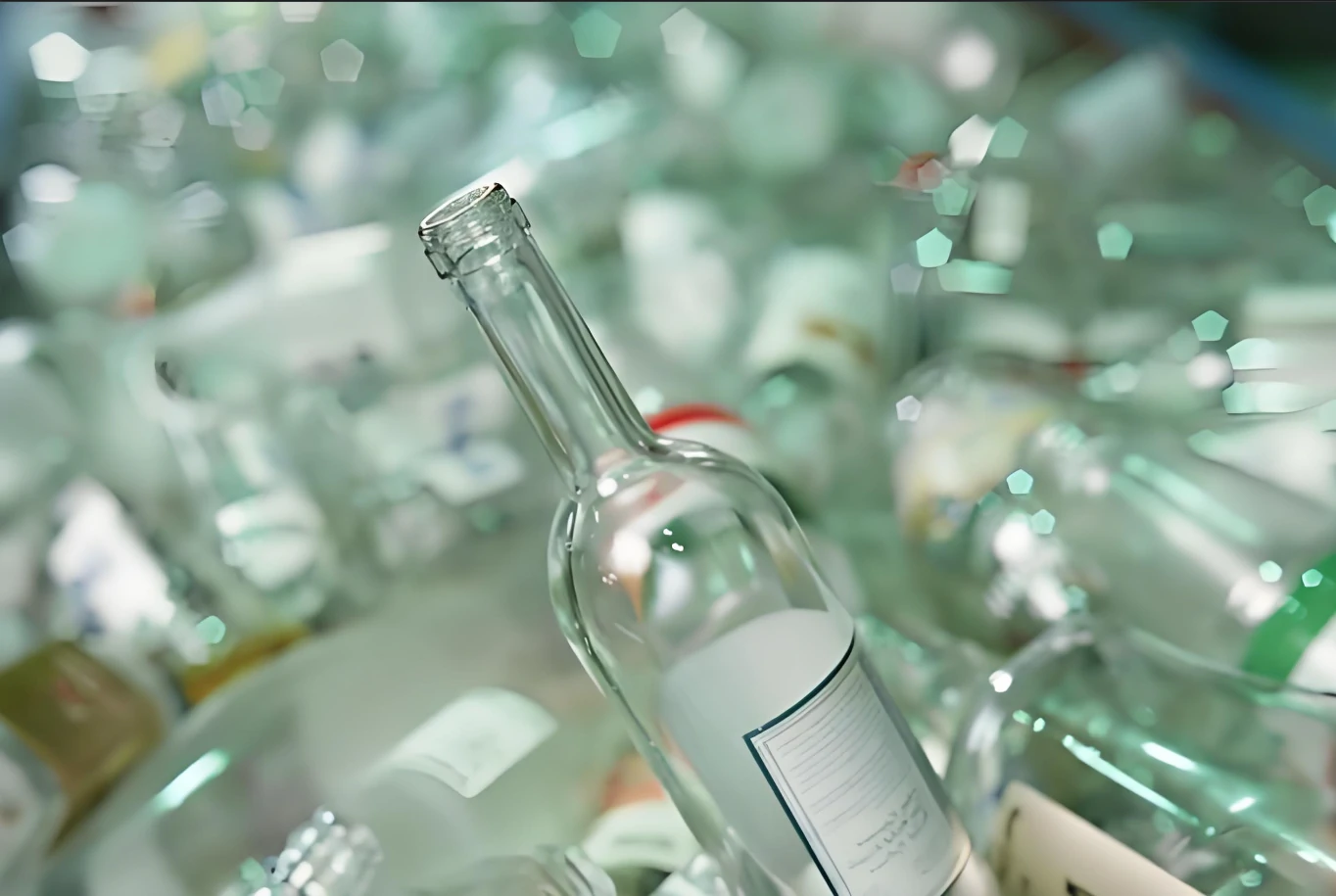
2. Preparing the Bottles
Step 1: Gather Your Supplies
You’ll need:
- Empty liquor bottles
- Warm soapy water
- A bottle brush or sponge
- Rubbing alcohol or white vinegar
- Baking soda (optional)
- A pot (for boiling water)
- A pair of gloves
Step 2: Remove Labels
To start, remove the labels from the bottles. Soak the bottles in warm, soapy water for about 30 minutes to loosen the glue. Use a sponge or a bottle brush to scrub off the labels and any residual glue. For stubborn adhesive, you can use a mixture of baking soda and olive oil or commercial adhesive removers.
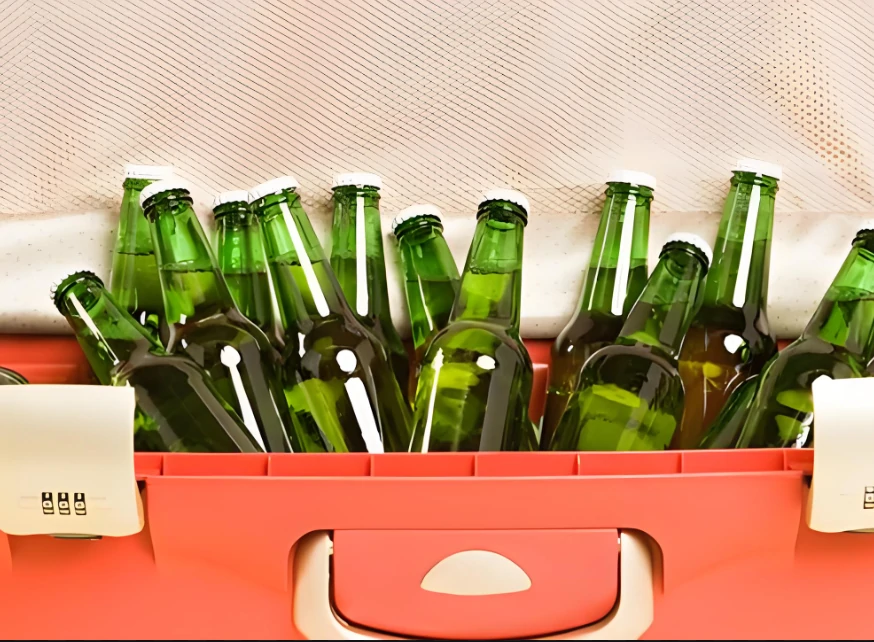
3. Deep Cleaning the Bottles
Step 1: Wash and Rinse
Once the labels are removed, wash the bottles thoroughly with warm, soapy water. Use a bottle brush to reach inside and scrub away any residues. Rinse the bottles thoroughly with clean water to ensure all soap is removed.
Step 2: Sanitization
Sanitizing is crucial, especially if you plan to use the bottles for food or beverages. Fill the bottles with a mixture of water and rubbing alcohol or white vinegar (about 1 part alcohol or vinegar to 3 parts water). Allow the mixture to sit in the bottles for at least 30 minutes. Swirl the mixture around to ensure all interior surfaces are sanitized.
Step 3: Drying
After sanitizing, pour out the solution and rinse the bottles with clean water. Place the bottles upside down on a drying rack or a clean towel to air dry. Ensure they are completely dry before storing or repurposing.
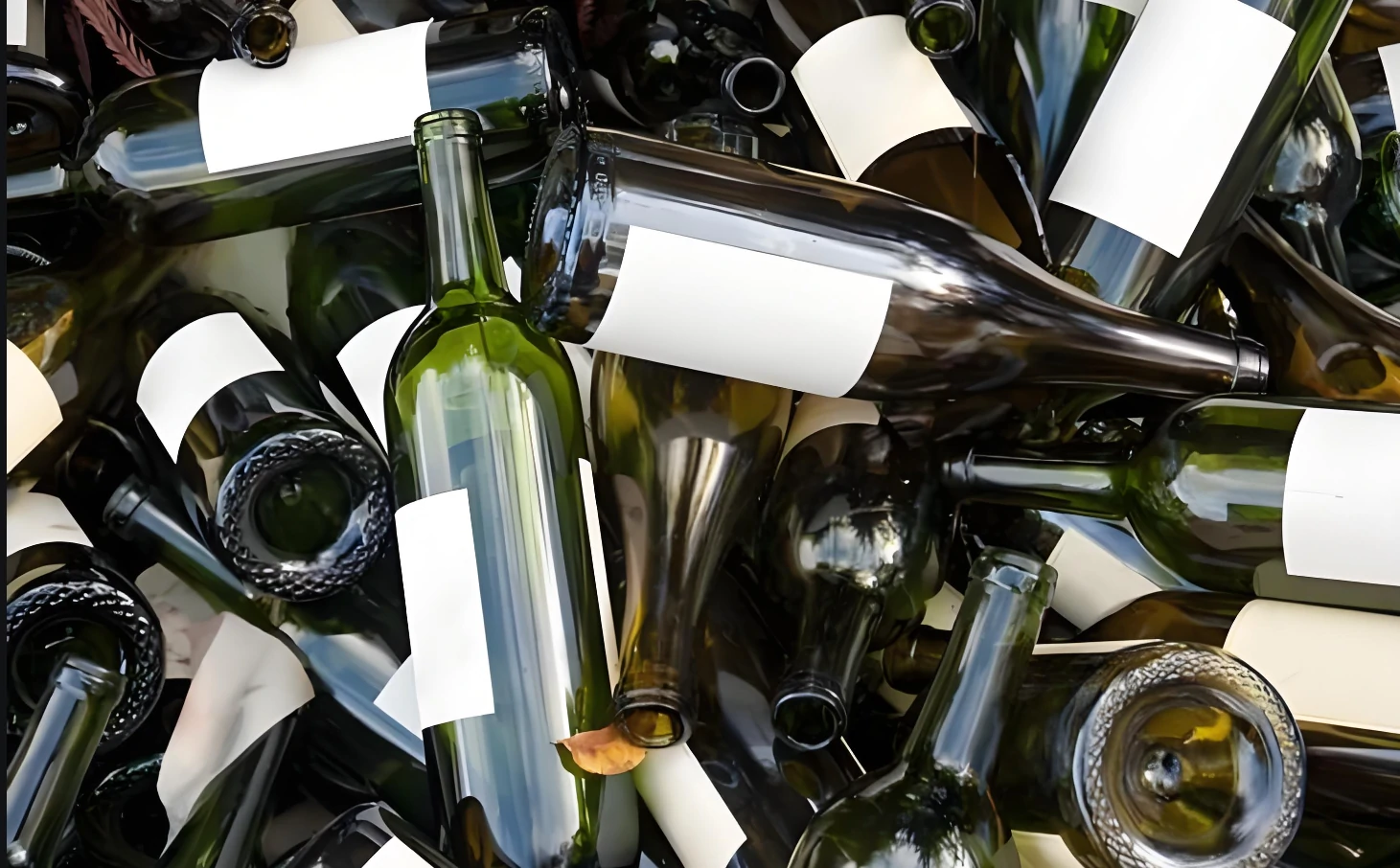
4. Repurposing Liquor Bottles
Now that your bottles are clean and dry, it’s time to get creative. Here are some ideas for repurposing them:
- Decorative Vases: Transform your bottles into stylish vases by adding fresh or dried flowers. You can paint the bottles or add decorative elements like twine or ribbons to enhance their appearance.
- Candlestick Holders: With a little creativity, a liquor bottle can be turned into a unique candlestick holder. Insert a candle into the bottle’s neck, or use an adapter to fit different candle sizes.
- Homemade Infusions: If you enjoy crafting your own beverages, use clean liquor bottles to store homemade infusions or liqueurs. Make sure to label them clearly for easy identification.
- Unique Lamps: Turn a bottle into a decorative lamp by adding a lamp kit. This can create a conversation piece and a stylish addition to any room.
- Kitchen Storage: Use bottles to store homemade sauces, syrups, or even flavored oils. Just be sure to label them and keep them in a cool, dark place.
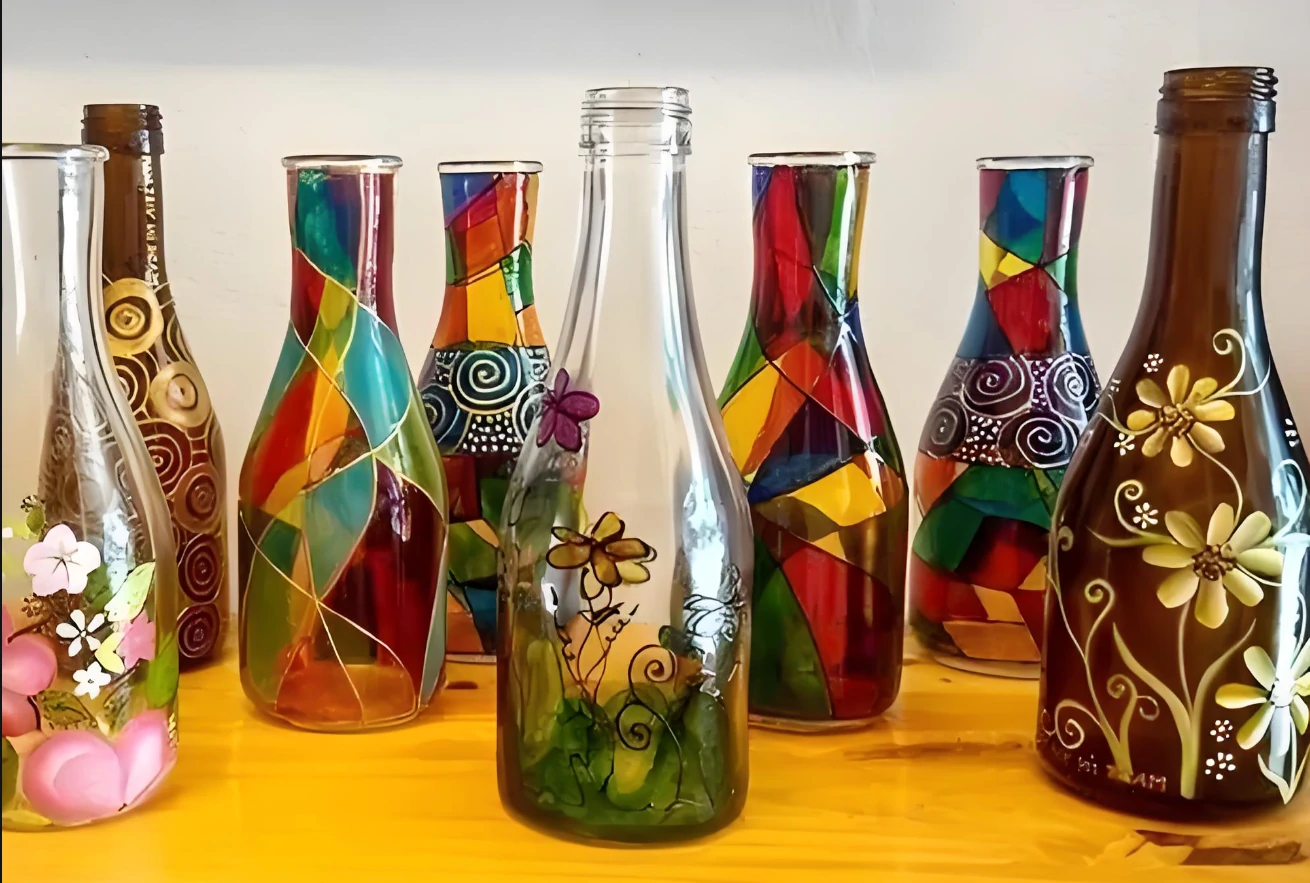
5. Safety Considerations
When reusing liquor bottles, safety is paramount:
- Ensure Thorough Cleaning: Incomplete cleaning can lead to contamination, especially if the bottles will be used for food or drink purposes.
- Handle with Care: Liquor bottles are often made of glass, so handle them carefully to avoid breakage.
- Check for Residue: After cleaning, ensure there is no leftover alcohol residue, especially if repurposing the bottles for different uses.
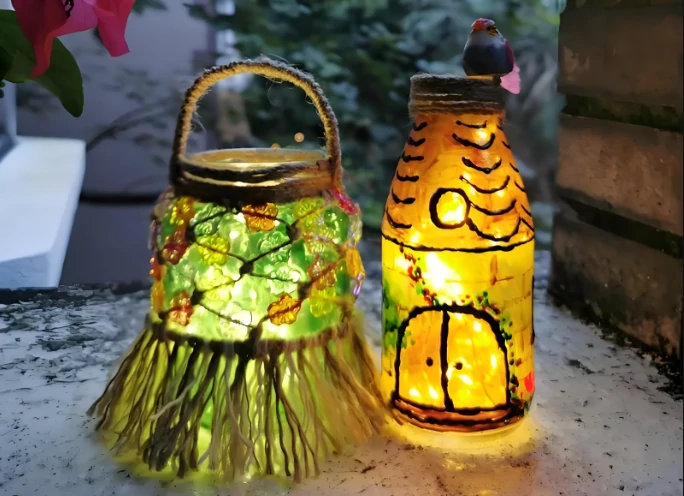
6. Conclusion
Reusing liquor bottles is a fun and environmentally friendly way to give new life to items that might otherwise be discarded. With a bit of cleaning and creativity, you can transform these bottles into functional or decorative pieces that add a unique touch to your home. Whether you choose to use them as vases, lamps, or storage solutions, remember that the possibilities are only limited by your imagination. So gather your supplies, get creative, and start repurposing those bottles today!
By following these steps, you not only contribute to a more sustainable world but also add a personal touch to your living space. Enjoy your crafting and repurposing journey!


